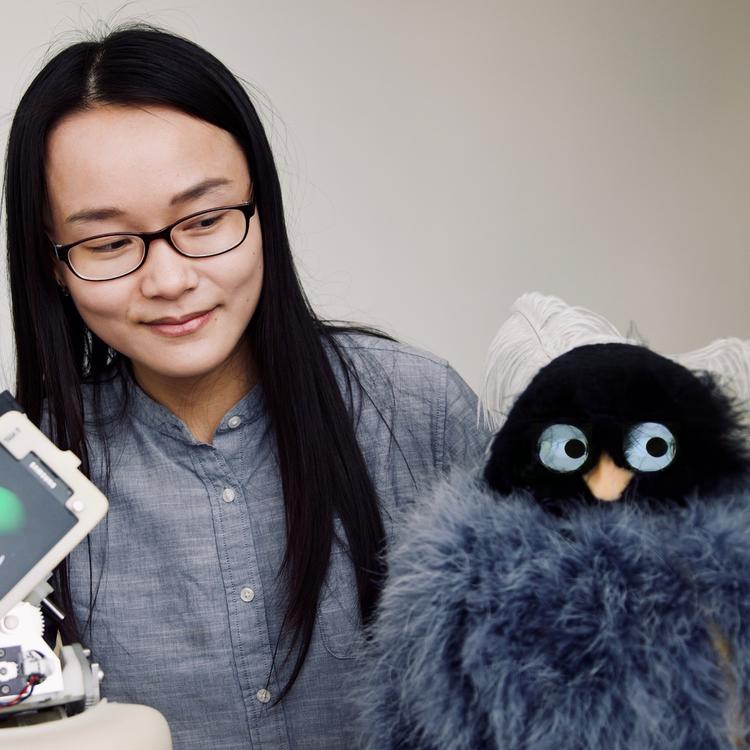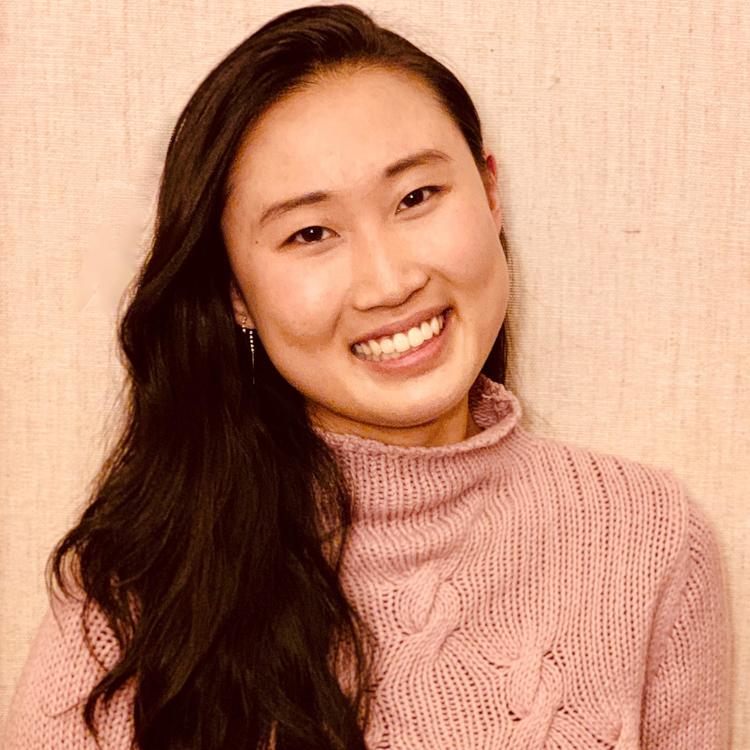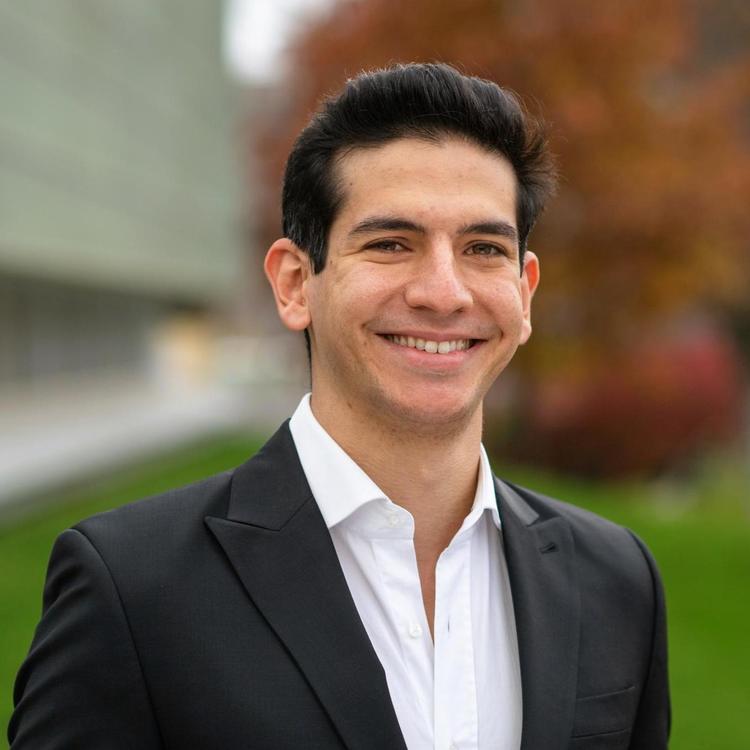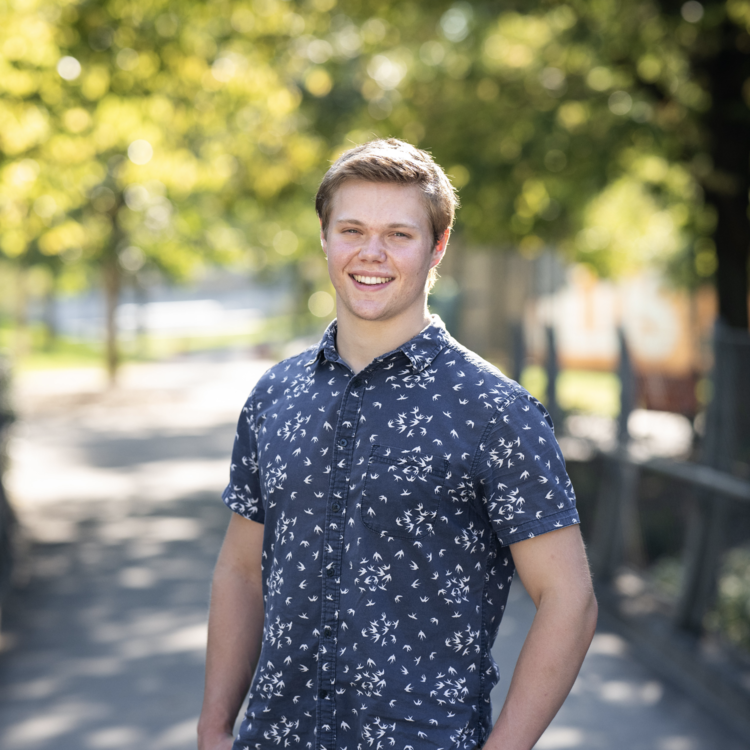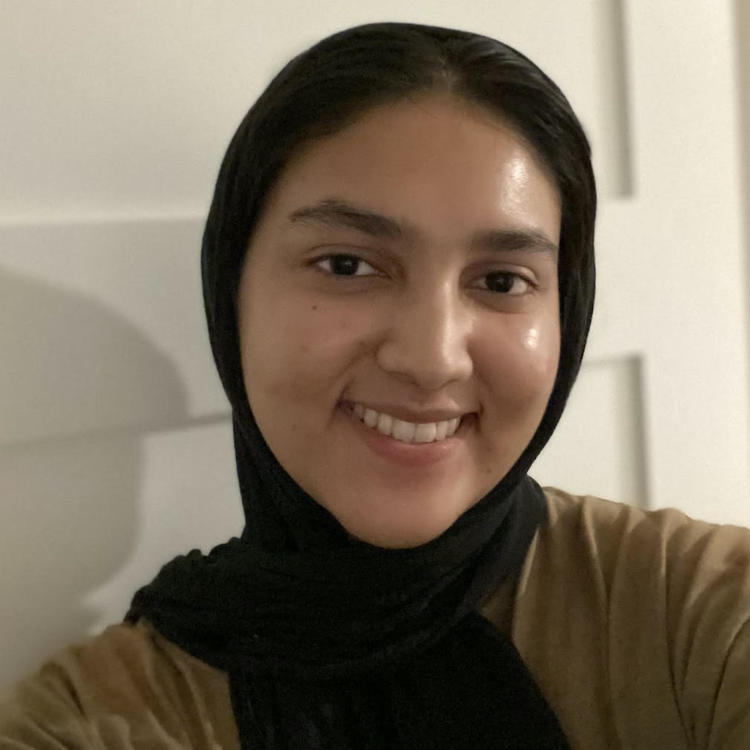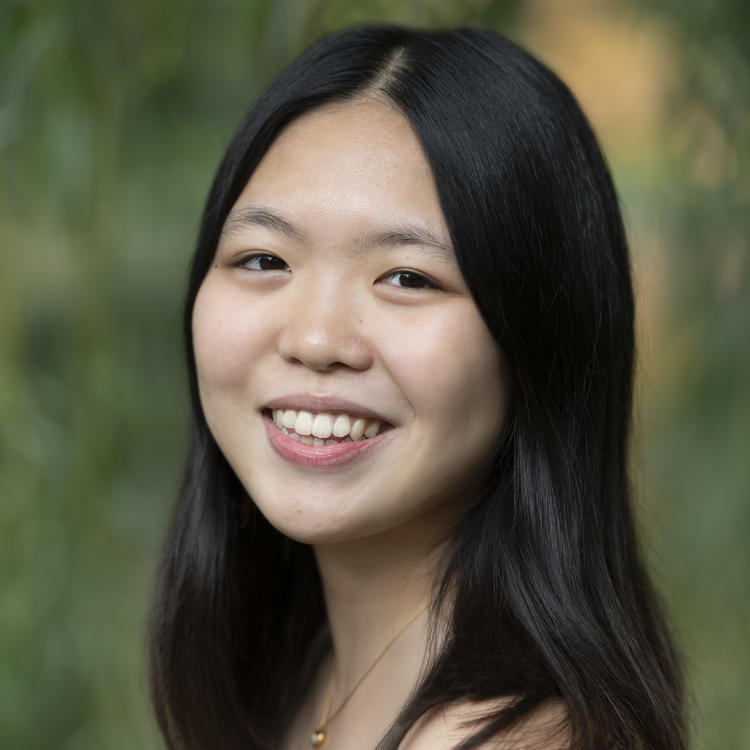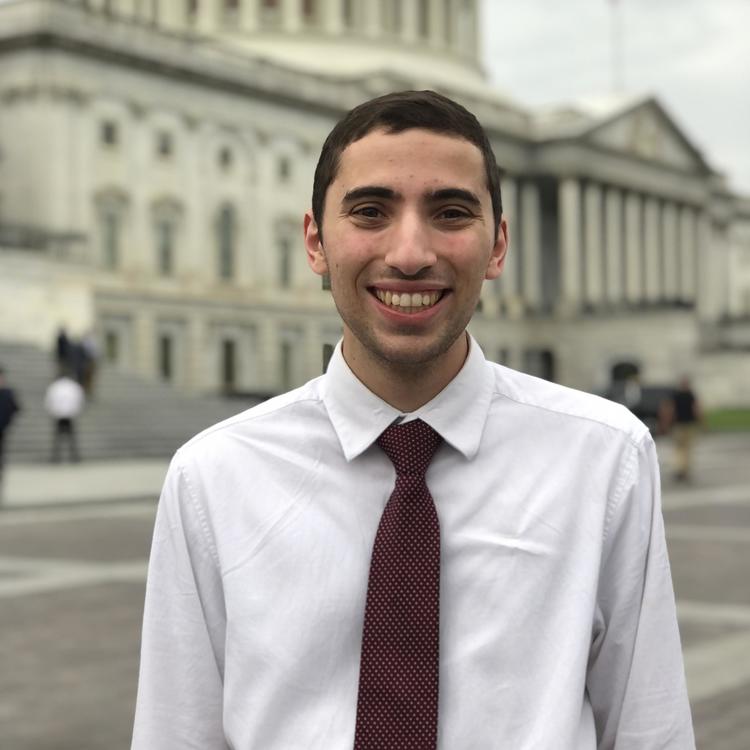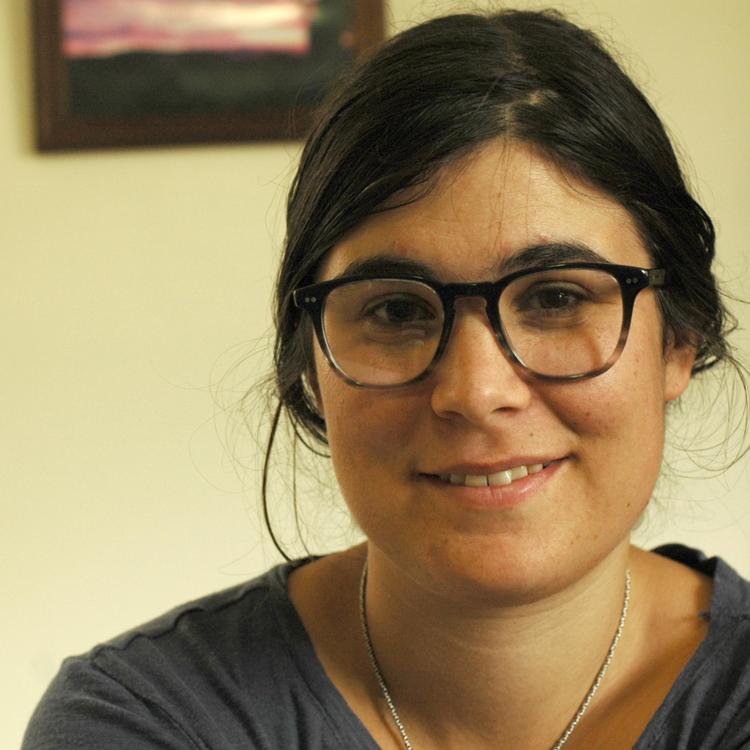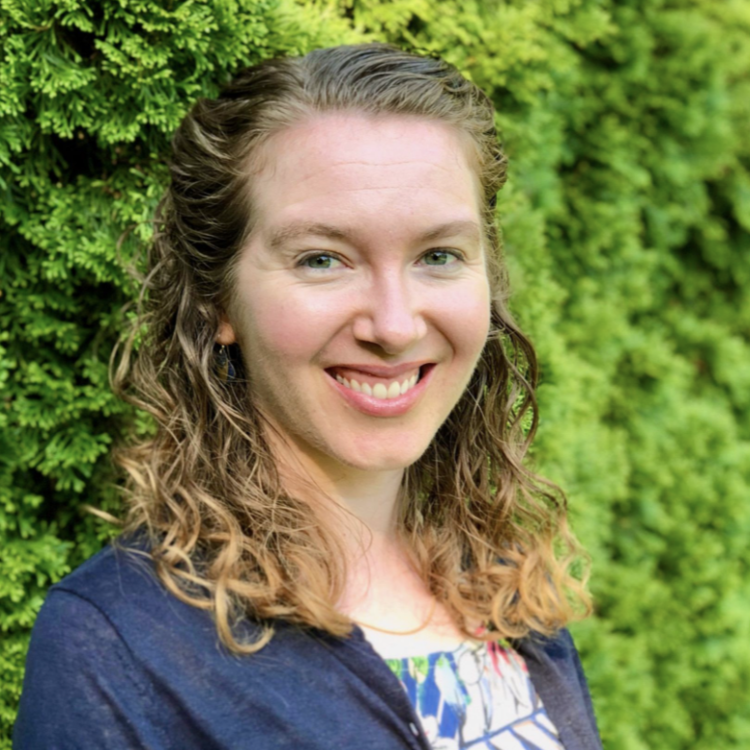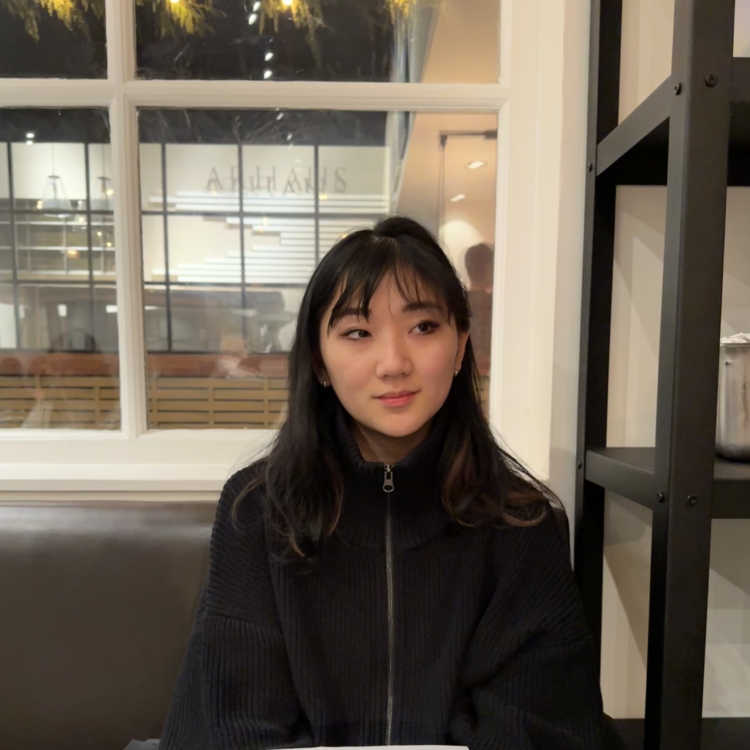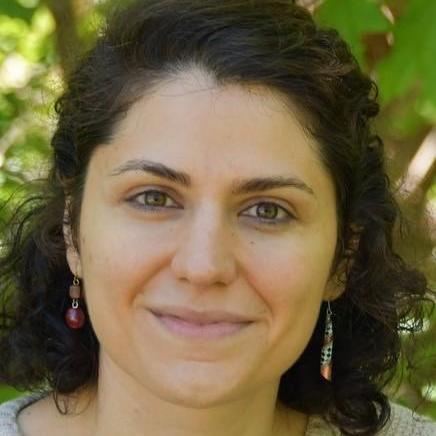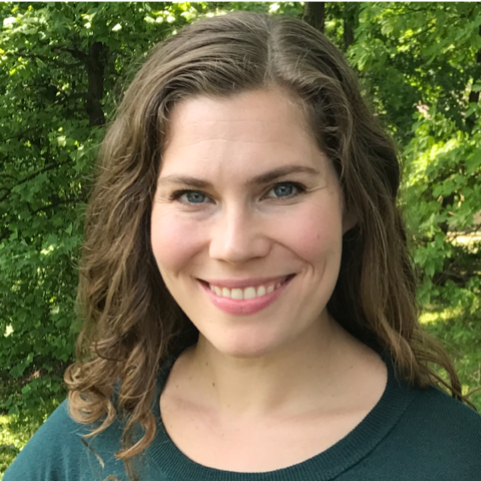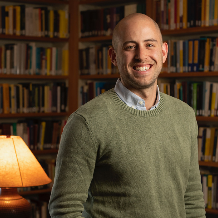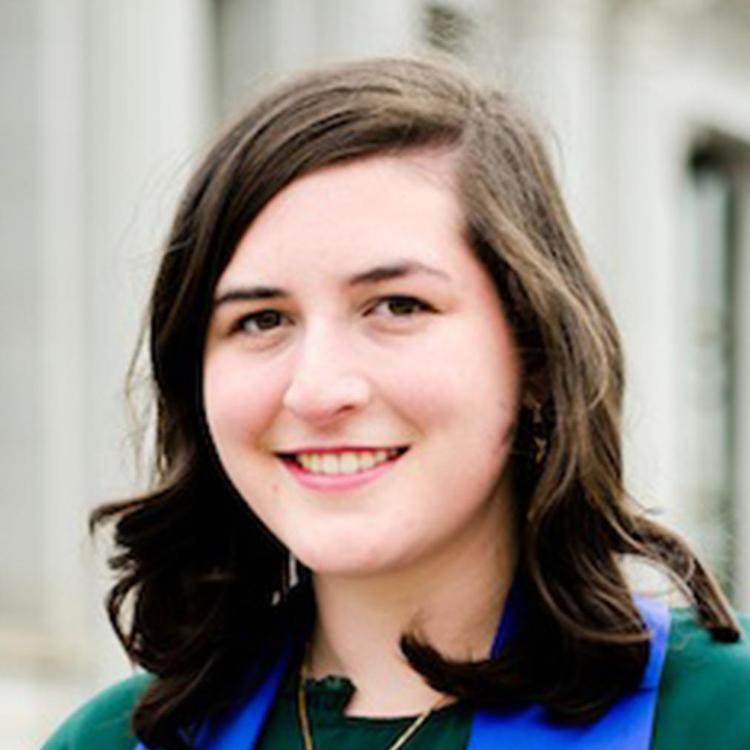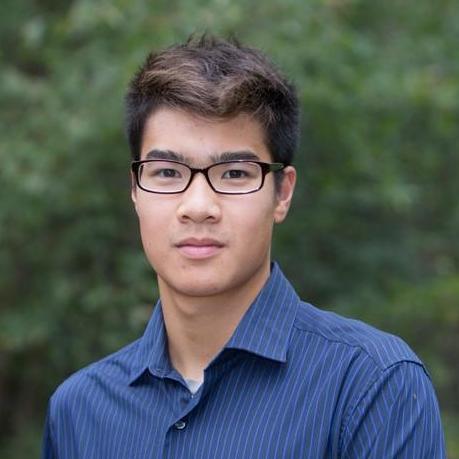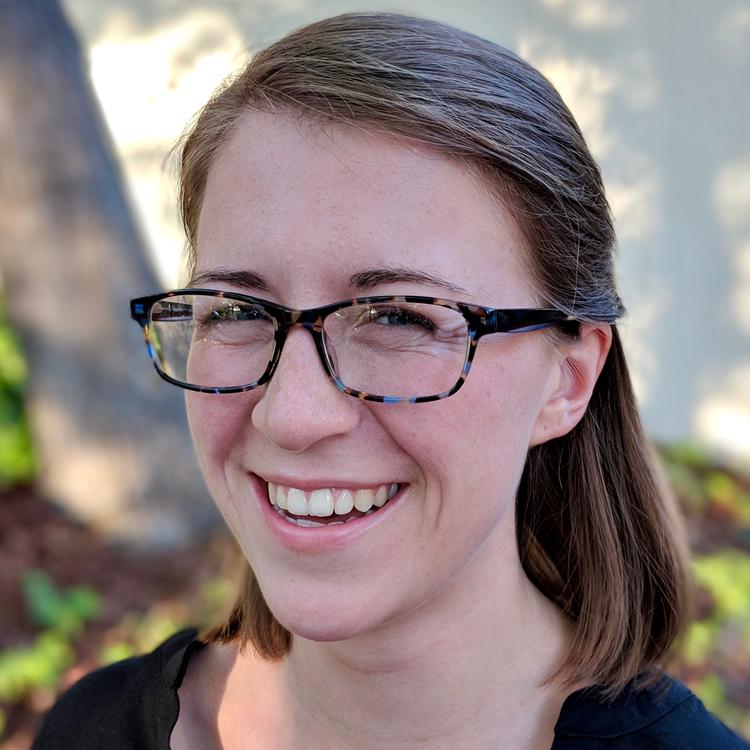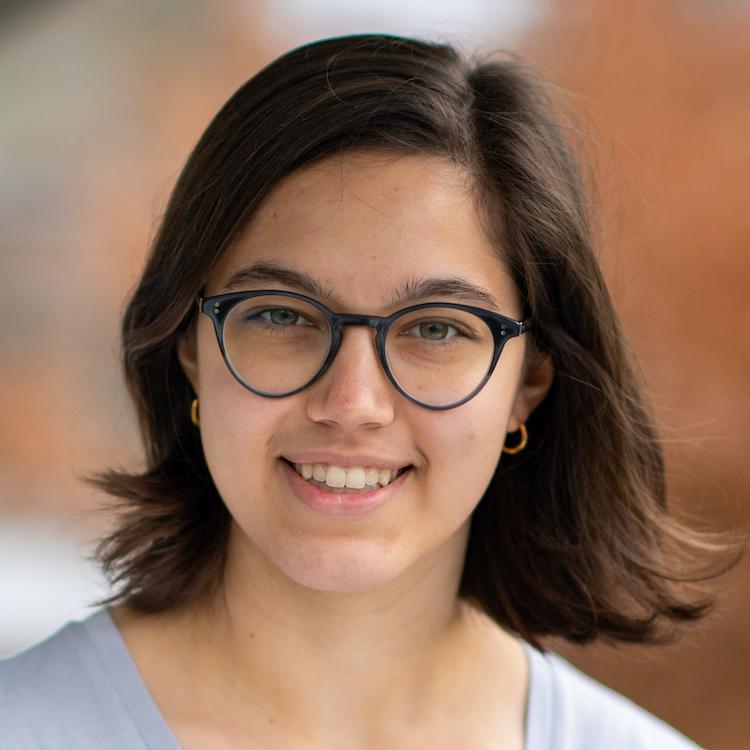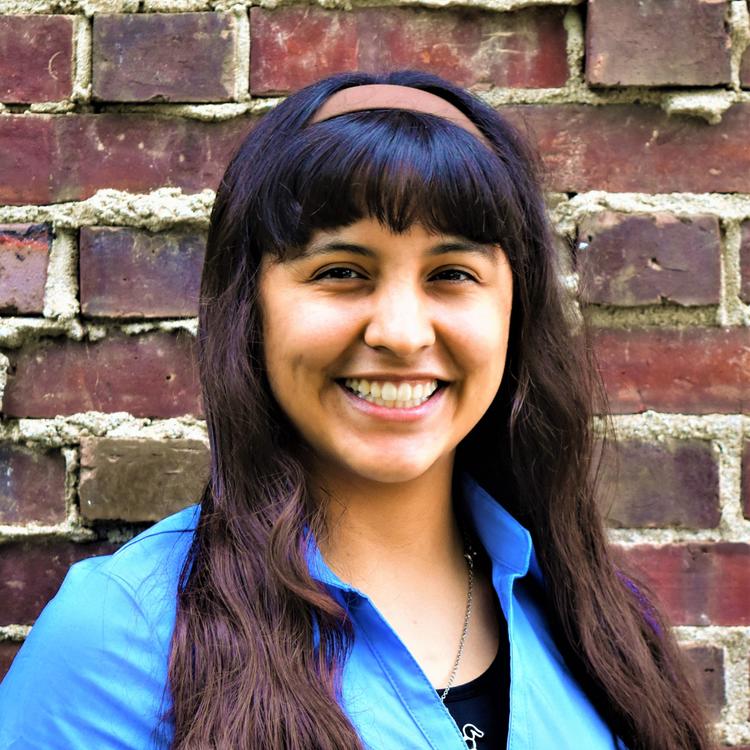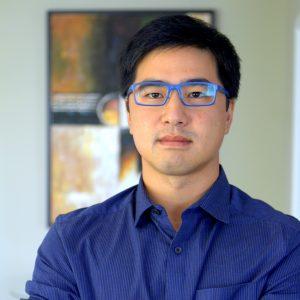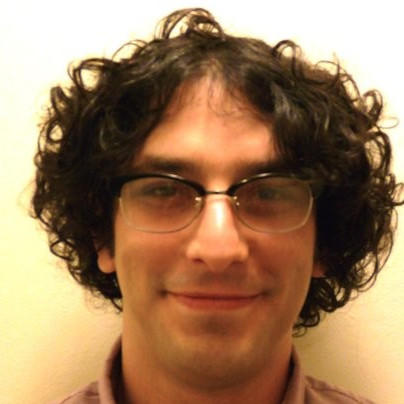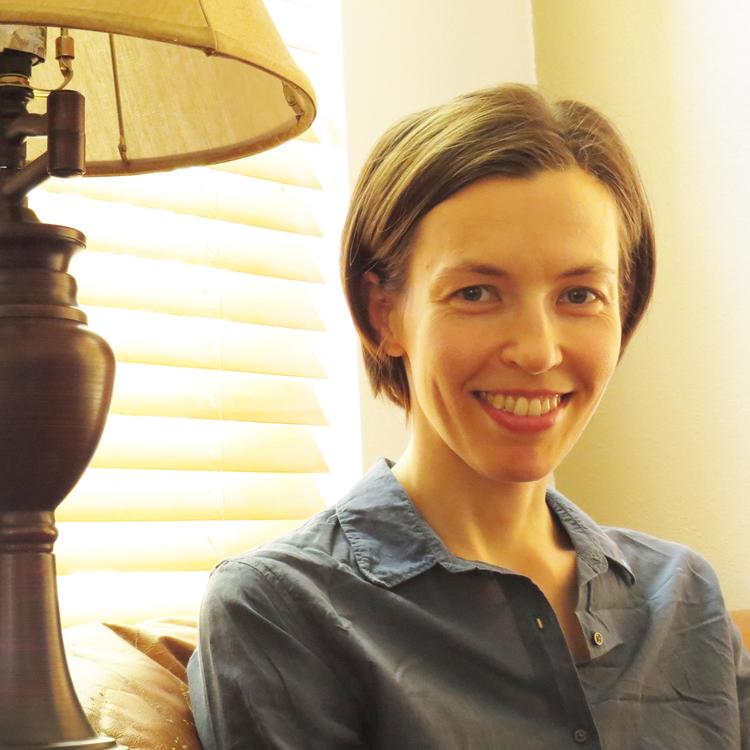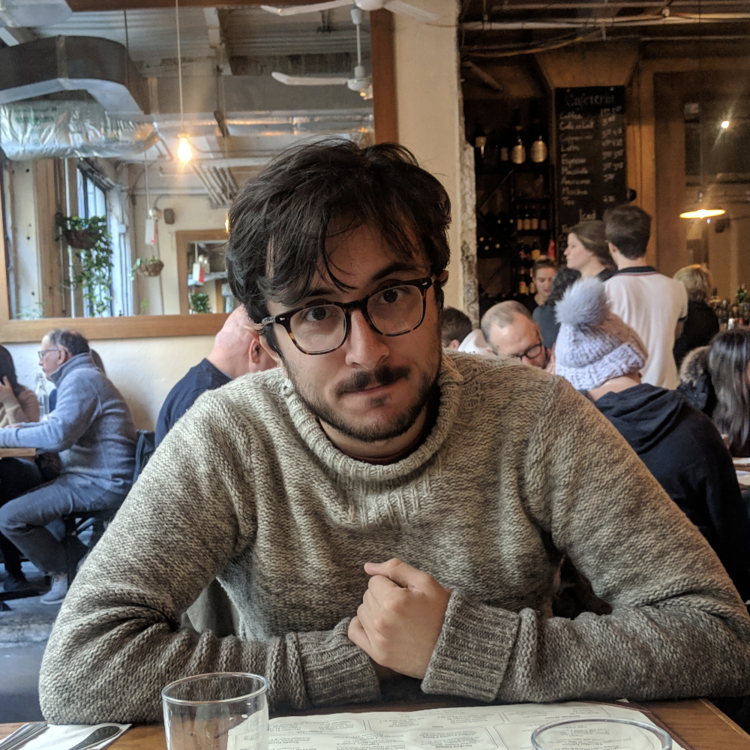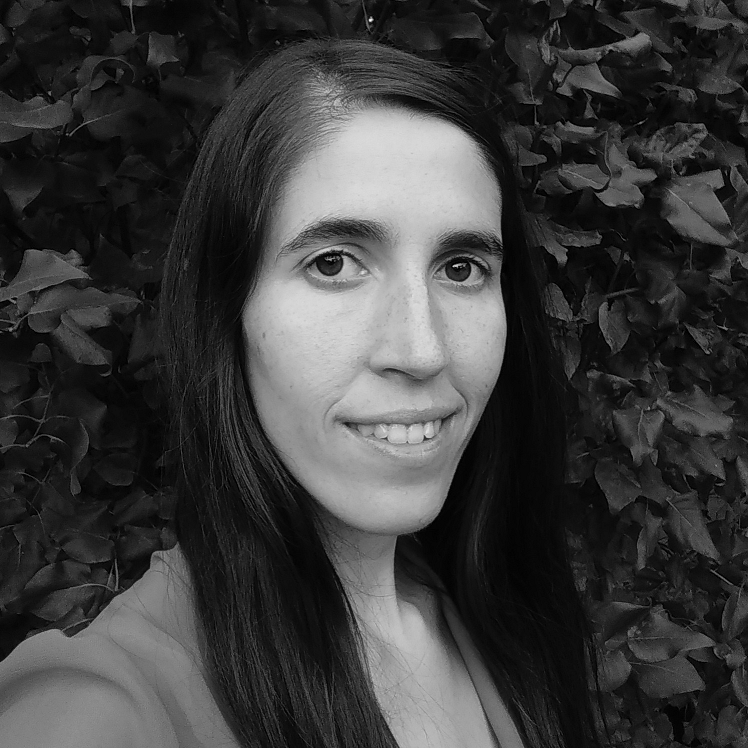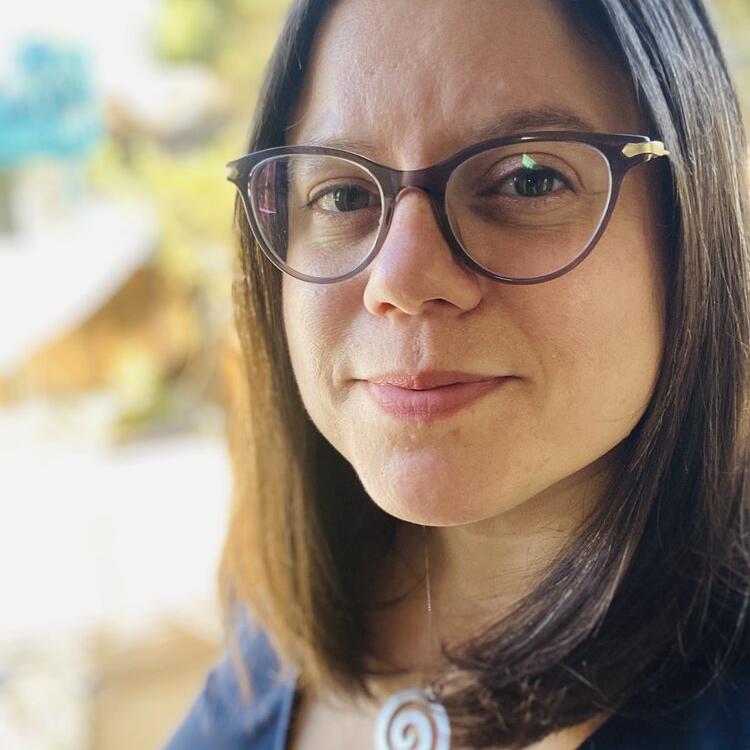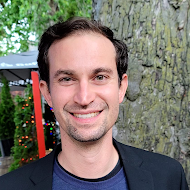Lab Director
Tania Lombrozo is a Professor of Psychology at Princeton University, as well as an Associate of the Department of Philosophy and the University Center for Human Values. She previously served as a Professor of Psychology at the University of California, Berkeley. She received her Ph.D. in Psychology from Harvard University in 2006 after receiving a B.S. in Symbolic Systems and a B.A. in Philosophy from Stanford University. Dr. Lombrozo’s research aims to address foundational questions about cognition using the empirical tools of cognitive psychology and the conceptual tools of analytic philosophy. Her work focuses on explanation and understanding, conceptual representation, categorization, social cognition, causal reasoning, and folk epistemology. She is the recipient of numerous early-career awards including the Stanton Prize from the Society for Philosophy and Psychology, the Spence Award from the Association for Psychological Science, a CAREER award from the National Science Foundation, and a James S. McDonnell Foundation Scholar Award in Understanding Human Cognition. She blogs about psychology, philosophy, and cognitive science at Psychology Today and for NPR’s 13.7: Cosmos & Culture.
Postdoctoral Scholars
Huili Chen is a cross-disciplinary researcher, scientist, and designer, holding a PhD in Media Arts & Sciences from MIT Media Lab. She is currently a Presidential Research Fellow in the Program in Cognitive Science at Princeton University (2024-2025). She was a 2023-2024 Fellow at Harvard University's Berkman Klein Center for Internet and Society.
Huili’s research is at the intersection of human-computer interaction, cognitive science, and human-centered AI, integrating theories and methods from Computer Science, Psychology, and Design. At Princeton, she works on building the theoretical development and empirical testing of studying human and artificial minds, exploring what it means for intelligent machines to understand and how humans evaluate explanations from human versus machine sources.
She has received best paper awards and nominations at top Human-Computer Interaction conferences (e.g., ACM HRI and ICMI), and her research has been featured in MIT News, Asparagus Magazine, and the CODAME Art + Tech Festival. Huili has been awarded Forbes China's 30 Under 30, the Learning Innovation Fellowship at the MIT Media Lab, among other global accolades.
Joseph is a postdoctoral research associate affiliated with the UCHV in the Cognitive Science of Values. He received his Ph.D. from Rutgers University in cognitive psychology. His work emphasizes the severe difficulties of forming accurate beliefs in our extremely complicated world as well as how the mind adaptively directs its limited resources to navigate this complex environment. Joseph's research draws on a broad intersection of fields relevant to belief including judgment and decision-making, reasoning, and the psychology of attitudes and persuasion, as well as the philosophy of science, mental representation, and theory of computation. He is primarily interested in understanding the cognitive mechanisms underlying belief, including how beliefs are updated (or not) in response to evidence. Within belief and more broadly, Joseph is passionate about achieving cumulative theories in cognitive science.
Graduate Students
(website) Sarah is a graduate student studying explanation. Her research prior to grad school has focused on understanding folk teleology and teleological explanation (or reasoning about purposes and explanations referring to those purposes). More broadly, Sarah is interested in what makes an intuitively satisfying explanation and what role those intuitions should play in broader theories. She can be reached at [email protected].
Casey is a graduate student studying how causal reasoning – how people attribute causes to outcomes, events, or beliefs – and moral reasoning – how people decide who, what, and when to morally blame – are intertwined. Specifically, how do people form explanations for why things happen, and what kinds of explanations are viewed as good or preferable? In what ways does this process of forming explanations shape the moral judgments that we make, and vice versa? Casey studies these topics in both adults and children from perspectives of psychology and philosophy.
Kerem is passionate about understanding belief formation and updating. His research aims to unravel the conditions under which these crucial phenomena—forming an opinion and changing one’s mind—occur, both explicitly and implicitly. Currently, he is interested in exploring situations in which epistemic and non-epistemic functions of beliefs are in conflict. He can be reached at [email protected].
Lab Visitors
Francisco Cruz is a graduate student from the University of Lisbon, and joined our lab as a visiting student during the 2023-2024 academic year. He is presently conducting research on lay beliefs about psychological science. Specifically, he studies the perceptions of the general public about the explanatory power of psychological science, how to circumvent skepticism towards psychology, and the sources of information people defer to across sciences. Having broad research interests, from fundamental to applied, and an interdisciplinary approach, Francisco also works on topics as diverse as face and word processing, perceptions of heterogeneity in social groups, and expert trespassing testimony.
Lab Manager
Logan is fascinated by the concepts and representations that underly human cognition. The beauty of cognition is how much we accomplish with such little resources. Logan is working toward distilling human concepts and representations into AI models, enabling models to be more data efficient, interpretable, and aligned with humans. He can be reached at [email protected].
Undergraduate Students
Sana is fascinated by the intersection of clinical, social, and developmental psychology. She is keen on researching how moral, interpersonal, and intrapersonal factors influence cognition and motivate behavior in children, adolescents, and adults. In addition, how do these factors influence their overall development? Sana is currently pursuing her A.B. in Psychology and certificate in South Asian Studies at Princeton University. She can be reached at [email protected].
Haruka is an undergraduate student pursuing an A.B. in Psychology with certificates in Cognitive Science and Finance. In the lab, she is excited to explore the variety of inconsistencies in belief, meta-cognitive reasoning, and attitudes towards interpersonal disagreement. She can be reached at [email protected].
Sam is an undergraduate student, interested in studying math and philosophy. He hopes to research the cognitive foundations of epistemic peer disagreement and understand their broader implications in normative epistemology. He can be reached at [email protected].
Josh Schoenberg is an undergraduate student, studying cognitive science and computer science. He enjoys studying how and when people form beliefs, and he is passionate about understanding the root causes of disagreement. He hopes to combine his love for cognitive science with his interest in Computer Science through computational work. He can be reached at [email protected].
Former Lab Members
& former positions within the lab



